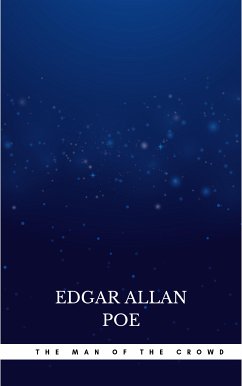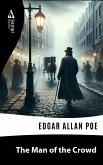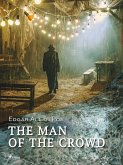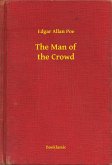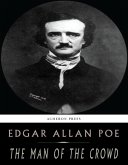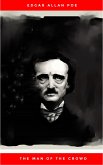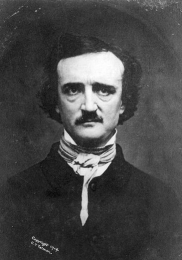"The Man of the Crowd" is a short story by American writer Edgar Allan Poe about a nameless narrator following a man through a crowded London. It was first published in 1840. The story is introduced with the epigraph "Ce grand malheur, de ne pouvoir être seul" - a quote taken from The Characters of Man by Jean de La Bruyère. It translates to This great misfortune, of not being able to be alone. This same quote is used in Poe's earliest tale, "Metzengerstein".
Dieser Download kann aus rechtlichen Gründen nur mit Rechnungsadresse in A, B, BG, CY, CZ, D, DK, EW, E, FIN, F, GR, H, IRL, I, LT, L, LR, M, NL, PL, P, R, S, SLO, SK ausgeliefert werden.

